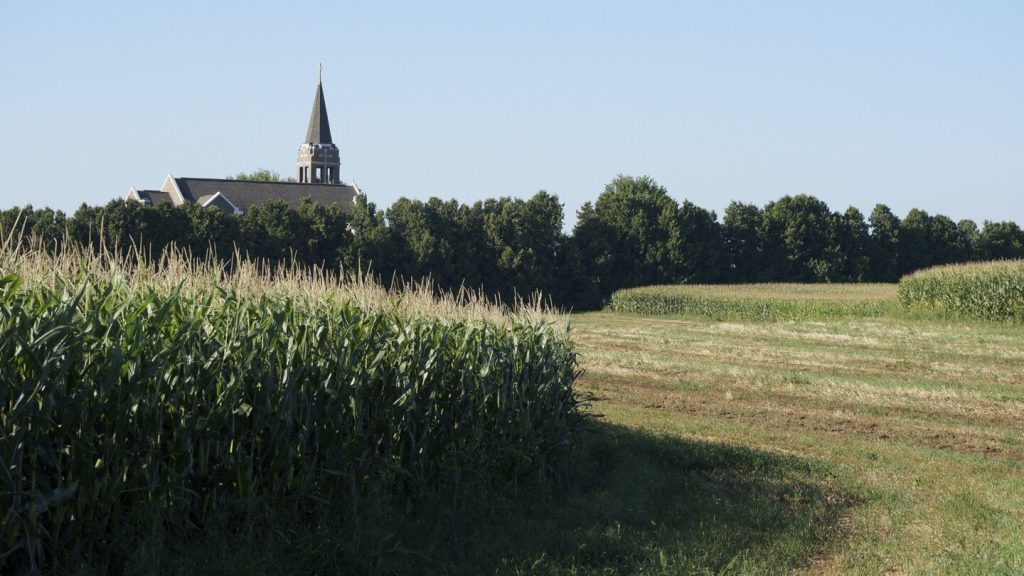Midwest Lutherans are a diverse group in Minnesota and beyond, reflecting a range of perspectives on social and political issues. In the Evangelical Lutheran Church in America (ELCA), the largest Lutheran denomination in the United States, members vary in their views on topics such as immigrant integration and LGBTQ+ rights. Governor Tim Walz, a Lutheran himself, has brought attention to the faith community with his progressive record as Vice President Kamala Harris’ running mate. While congregants and pastors generally prefer to focus on faith and outreach rather than politics, ideological differences can still surface, particularly in politically mixed congregations.
The Lutheran presence in the Upper Midwest dates back to 19th-century Scandinavian and German settlers, with Lutheran and Catholic traditions dominating the region. Lutherans have founded social service agencies that have fostered the integration of large communities such as the Hmong and Somali populations in Minnesota. Despite their significant presence, Lutherans remain relatively underrepresented in politics, likely due to their theological approach that separates religious and secular institutions. The ELCA leadership has issued statements aligning with liberal positions on various social justice issues, leading to potential tensions within politically diverse congregations.
Navigating the current divisive political climate, Lutheran leaders like Bishop-elect Jen Nagel are encouraging congregants to engage in respectful dialogues and embrace disagreements with humility. These efforts align with the principle of serving others as guided by the teachings of Jesus. Individual congregations, like San Pablo and Transfiguration, have taken steps to affirm their inclusivity by becoming “Reconciling in Christ” congregations, openly welcoming LGBTQ+ members and celebrating same-sex marriages. The commitment to acceptance and belonging is a core theme in these churches, reflecting a profound belief in providing sanctuary and love for all individuals.
San Pablo, a predominantly Latino congregation in Minneapolis, has embraced its diversity by adopting a bilingual Mass and displaying symbols of inclusivity within its sanctuary. The commitment to making everyone feel welcome extends to the pastor, who emphasizes the importance of living out the message that all belong. Similarly, Transfiguration in a suburb of Minneapolis has embraced diversity and acceptance, despite some initial reservations from members. By participating in local Pride events and showcasing a commitment to love and inclusion, these Lutheran congregations are setting an example of nonjudgmental and compassionate community.
Across various Lutheran congregations in Minnesota, a common thread emerges – the value of not being judgmental and extending help to those in need. Members highlight the importance of looking out for others, avoiding strong-willed opinions, and embracing differences with love and acceptance. By embodying these values, Lutheran churches in the Midwest strive to be models of inclusivity and unity, offering a space for everyone to belong without judgment. The commitment to love and acceptance, regardless of political differences or personal beliefs, serves as a reminder of the power of community in fostering understanding and compassion.


